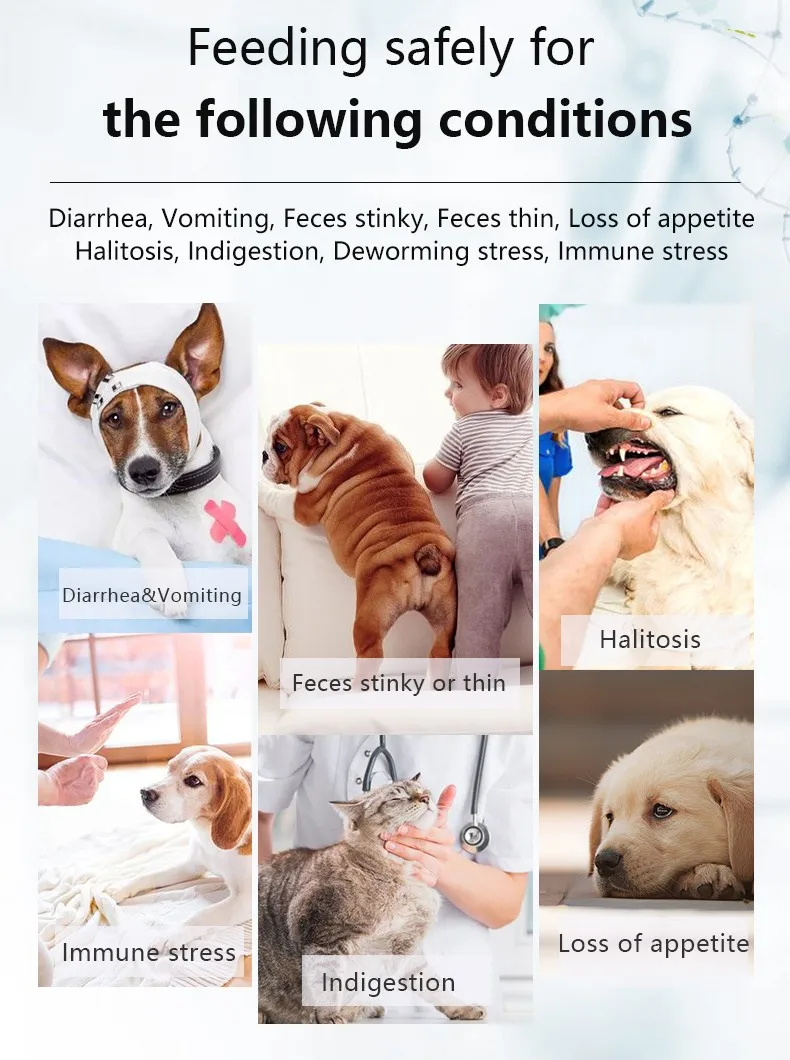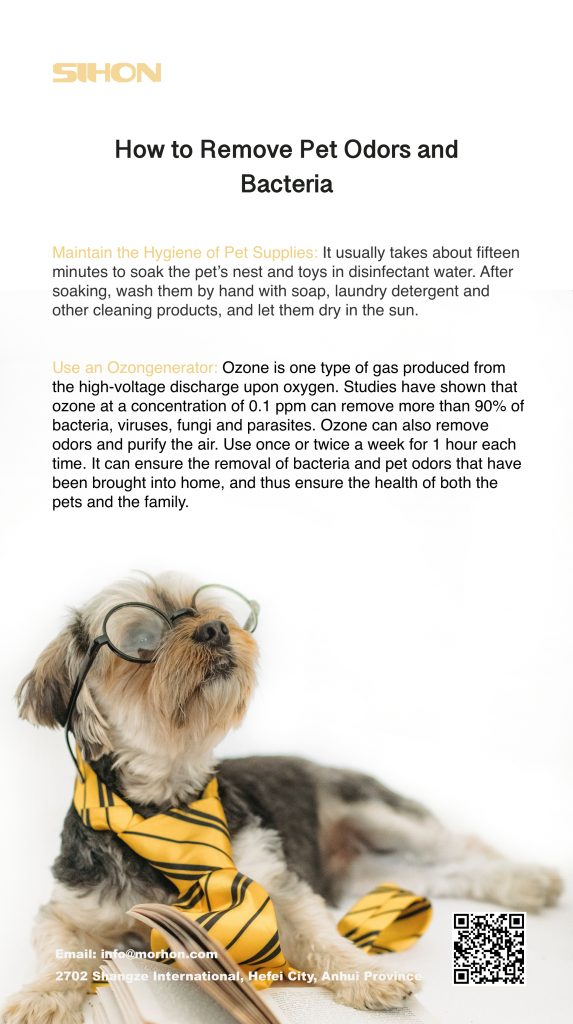"Essential Medications for Your Beloved Pets: A Comprehensive Guide to Pet Meds"
Guide or Summary:Introduction to Pet MedsTypes of Pet MedicationsChoosing the Right Pet MedsUnderstanding Dosage and AdministrationConclusion: The Importanc……
Guide or Summary:
- Introduction to Pet Meds
- Types of Pet Medications
- Choosing the Right Pet Meds
- Understanding Dosage and Administration
- Conclusion: The Importance of Pet Meds
Introduction to Pet Meds
In the world of pet care, ensuring the health and well-being of our furry companions is of utmost importance. One crucial aspect of this care involves the use of appropriate medications, commonly referred to as "pet meds." These medications can range from routine treatments and preventive care to emergency interventions, all aimed at keeping our pets happy and healthy.
Types of Pet Medications
Pet meds can be categorized into several types, each serving a specific purpose. Here are some of the most common categories:
1. **Preventive Medications**: These include vaccinations and treatments for parasites such as fleas, ticks, and worms. Regular preventive care is essential to protect your pet from serious health issues.
2. **Prescription Medications**: For pets diagnosed with chronic conditions or illnesses, veterinarians may prescribe specific medications. These can include antibiotics, anti-inflammatory drugs, or medications for conditions like diabetes or heart disease.

3. **Over-the-Counter Medications**: Some pet meds can be purchased without a prescription. These might include pain relievers, antihistamines, or supplements that support overall health.
4. **Emergency Medications**: In cases of acute illness or injury, certain medications may be required immediately. These are typically administered by a veterinarian in an emergency setting.
Choosing the Right Pet Meds
Selecting the appropriate medications for your pet can be a daunting task, given the vast array of options available. Here are some tips to help you make informed decisions:
- **Consult Your Veterinarian**: Always seek professional advice from your veterinarian before starting any medication. They can provide tailored recommendations based on your pet's specific health needs.

- **Research the Medications**: Understanding the purpose and potential side effects of any medication is crucial. Look for reputable sources of information and consider the experiences of other pet owners.
- **Monitor Your Pet's Response**: After administering any medication, closely observe your pet for any adverse reactions or improvements in their condition. If you notice anything unusual, contact your veterinarian immediately.
Understanding Dosage and Administration
Proper dosage and administration of pet meds are vital for their effectiveness. Here are some guidelines:
- **Follow Instructions**: Always adhere to the dosage instructions provided by your veterinarian or the medication packaging. Overdosing can lead to severe health complications.

- **Administering Medications**: Some pets may be difficult to medicate. Techniques such as hiding pills in food, using flavored liquid medications, or employing specialized pill dispensers can make the process easier.
- **Schedule Consistency**: Try to administer medications at the same time each day to establish a routine. This consistency can help ensure that your pet receives their meds as prescribed.
Conclusion: The Importance of Pet Meds
In conclusion, pet meds play a crucial role in maintaining the health and happiness of our beloved companions. From preventive care to emergency treatments, understanding the various types of medications and how to administer them properly is essential for every pet owner. By working closely with your veterinarian and staying informed about your pet's health needs, you can ensure that your furry friend receives the best possible care. Remember, a healthy pet is a happy pet!